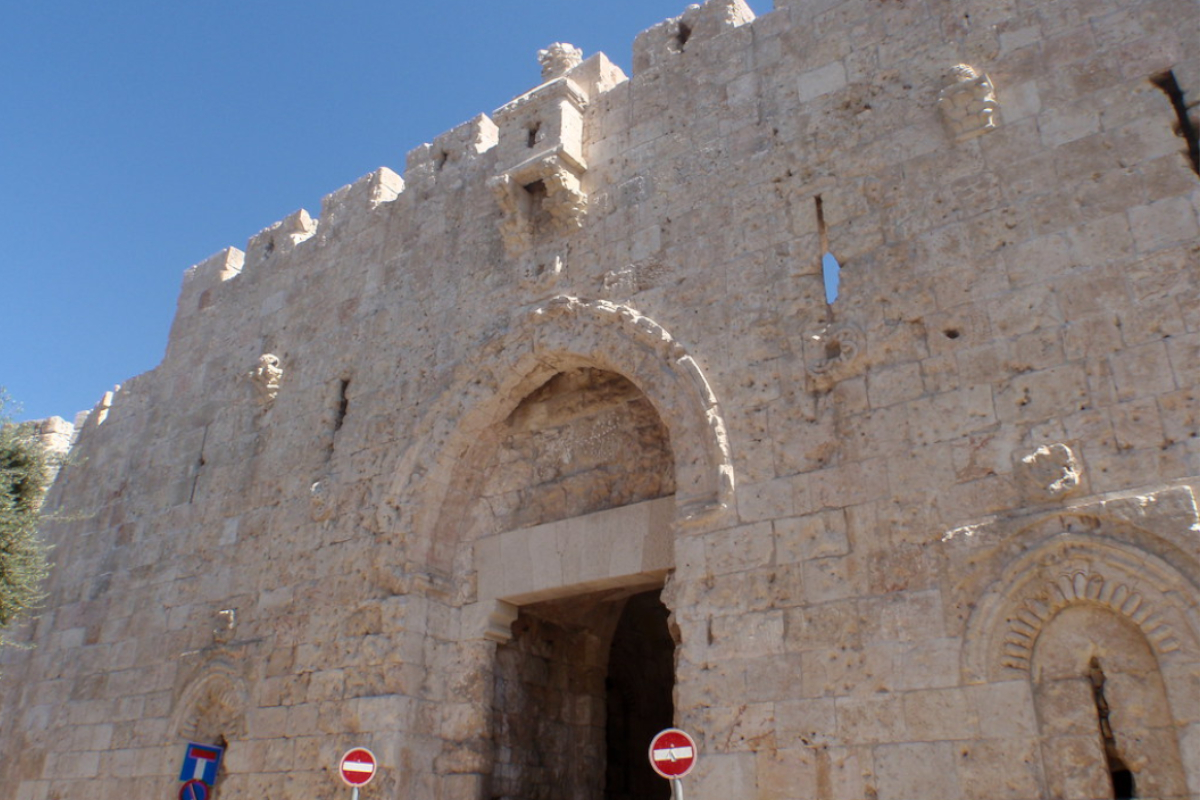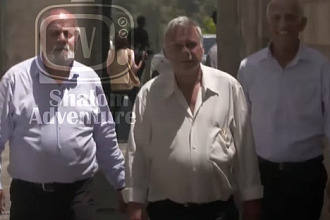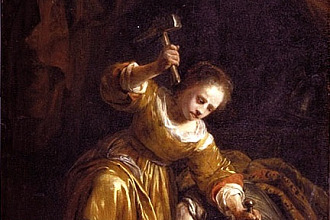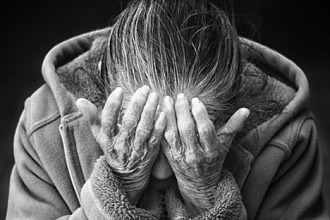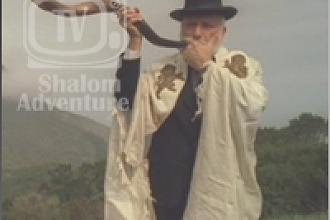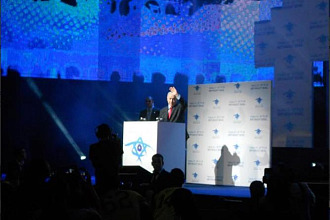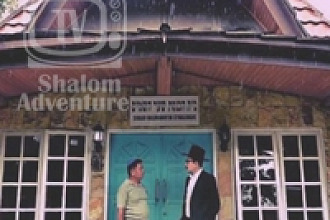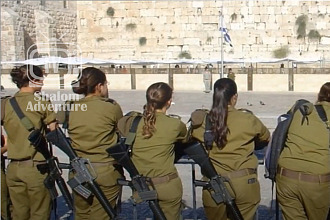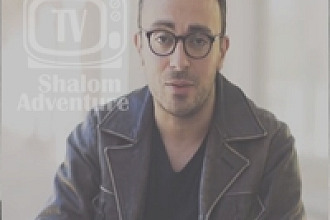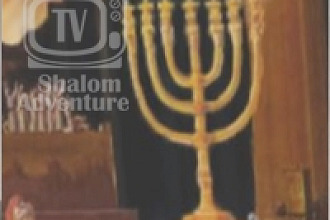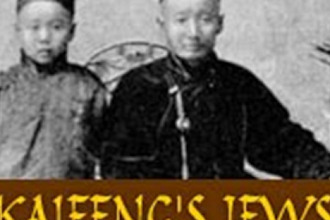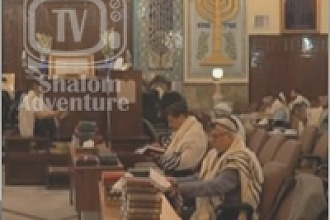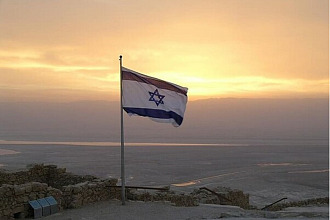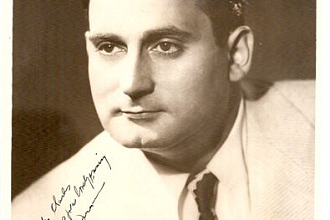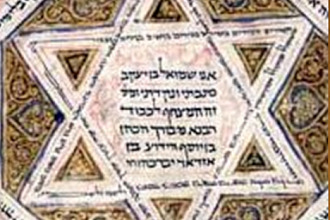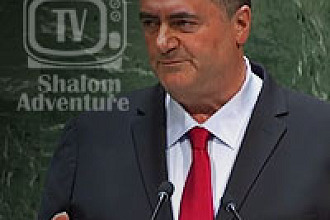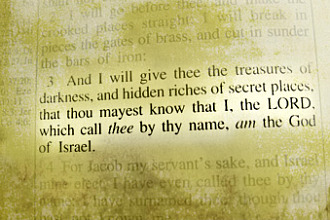| Timeless Quotes: | |
| "Jews! Unique nation of the world! For thousands of years the tyranny of the world has succeeded in depriving you of your ancestral lands but it has not eradicated your name, nor your national existence . . . . Legitimate heirs of the Land of Israel! . . . . Hurry! The moment has arrived to claim the return of your rights among the nations of the world. You must claim for yourselves a national existence as states among states, and your unencroachable right to bow down before God according to your faith, publicly and forever." | Napoleon Bonaparte’s "Appeal to the Jews," encamped at Mount Tabor before his defeat at Acre, 1798. |
| "Palestine which belonged anciently to a people who have exercised a mightier influence for good upon the human race than any other nation, should be returned to them (The Jews)." | Rev. J.W. Beaumont (Canadian) who, in 1876, presented to Disraeli, then Prime Minister of Great Britain, a plan entitled ‘Judea for the Jews under the protectorate of the Great Powers’. |
| "His Majesty’s government views with favour the establishment in Palestine of a national home for the Jewish people." | Arthur J. Balfour, British Foreign Secretary in a letter to Lord Lionel Rothschild to become known as the Balfour Declaration, November 2, 1917. |
| "You (the Jews) have prayed for Jerusalem for 2000 years, and you shall have it." | Winston Churchill, cited in "The Times," London, May 5, 1938. |
| "Jerusalem has never been the capital of any people except the Jewish people. The unity of Jerusalem must be preserved. Internationalization is an idea which never worked in history." | Rev. Douglas Young, Statement by Evangelical Christians in 1971. |
| "We need hardly say that there can be no remains of what was once the City of David . . . . A vast accumulation of debris from thirty to forty feet in depth has buried every fragment of it . . . . Here among the ruins of Zion, still lingers a remnant of the chosen people . . . a despised body chiefly of exiles crouching under general dislike and persecution . . . yet clinging to the spot which recalls their past greatness . . . . " | William H. Barlett, Walls About Jerusalem, 1849. |
| Historical Facts: | |
| 438 CE | There is conclusive historical and archaeological evidence that there has been an unbroken Jewish presence in Jerusalem since 438 CE, 200 years before the Arab conquest in 638 CD. The Jewish claim, therefore, is not based on biblical and historical rights alone. Jews have always been permanent residents of the Old City, and since 1820, the Jews constituted the largest single community there. Despite persecution and oppression, the Jewish presence in Jerusalem was interrupted only twice: under Byzantine rule between 135 and 438 CE, and during the Crusader Kingdom, which lasted from 1099 to 1187 CE. |
| 1889 | Thirty thousand out of 40,000 people in Jerusalem are Jews. |
| 1911 | Baedeker’s guide reports Jerusalem’s total population as 70,000, i.e., 45,000 Jews, 15,000 Christians and 10,000 Muslims. |
| 1922 | Haj Amin el-Husseini appointed Mufti of Jerusalem and becomes leader of Arab insurgent movement, siding with Hitler during World War II. |
| 1929 | Continued harassment of prayers at the Western Wall (such as by removing the cloth screen dividing the male and female enclosures on Yom Kippur) causes indignation among world Jewry. Muslim agitation leads to country-wide riots, culminating in the massacre of the Hebron and Safed Jewish communities. |
| 1936 | The establishment of the Arab Higher Committee under the Mufti of Jerusalem led to increased disturbances and a general strike. The investigating Royal Commission headed by Lord Peel recommended the partition of Palestine. The ensuing Arab revolt resulted in a high death toll among Jews, Arab rioters and moderate Arabs killed by Arab extremists. |
| 1939 | Hadassah Medical Center opened on Mount Scopus. In the 1948 War of Independence, a convoy on its way to the center was ambushed and its 78 doctors and nurses were murdered. Eventually the center was evacuated. |
| 1948 | After the War of Independence, Jerusalem is divided. East Jerusalem and the Old City remain in Jordanian hands, with the Jewish Quarter and its 58 synagogues destroyed and its Jewish population expelled. Israel retains West Jerusalem; passage between the two parts possible only through the Mandelbaum Gate. |
| Prime Minister Ben Gurion declares State of Israel with Jerusalem as its capital. | |
| 1948 - 1967 | During the Jordanian occupation, the large Jewish cemetery on the mount of Olives was callously desecrated. Some 38,000 tombstones were ripped out of the ground and used for the building of roads or paving latrines in the camps of the Arab Legion. |
| Throughout the 19 years of Jordanian occupation Jews were denied access to the Old City altogether. Christians were barred from crossing from Israel into Jordan-held East Jerusalem to visit their Holy Places, except at Christmas and Easter time. | |
| 1967 | The Six Day War erupts. King Hussein orders his army to attack West Jerusalem despite Israeli warnings. In the ensuing battle, East Jerusalem falls into Israeli hands and the divided city is reunited. |
| The Law for the Protection of the Holy Places passed by the Knesset. | |
| The Jerusalem Committee, an international panel of architects, planners and historians for the review of the city’s development, established. | |
| Excavations by Amiran and Eitan begin at the Citadel. | |
| 1980 | Special law enacted by Knesset re-affirming that united Jerusalem is the capital of Israel. In the political aftermath, foreign embassies in the city move to Tel Aviv. |
| Crown Prince Fahd of Saudi Arabia declares a Jihad (Holy War) "to protect the Holy City against Zionist aggression." | |
| International Christian Embassy Jerusalem founded. | |
| Who are the Palestinians? | The name "Palestine" was given to the land by the Romans. |
|
Before the establishment of the State of Israel, both the Jewish and the Arab inhabitants of the country were called Palestinians. Jewish soldiers serving with the Allies in World War II had the word "Palestine" inscribed on their shoulder badges. The vast majority of Palestinian Arabs immigrated to Palestine on the heels of Zionism in the 20th century. |

